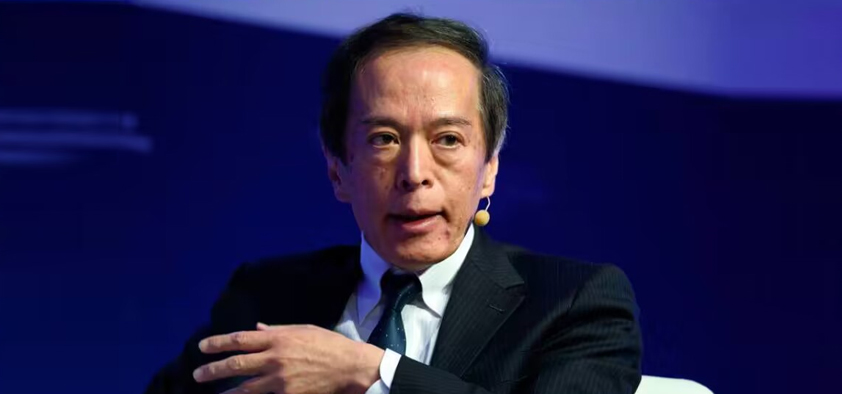植田和男
Japan announced that Kazuo Ueda will take office as the next governor of the Bank of Japan on the 9th of next month, replacing Haruhiko Kuroda, who retired in April.
The 71-year-old Kazuo Ueda holds a Ph.D. in Economics from Massachusetts Institute of Technology. He is the same as former Federal Reserve Chairman Ben Bernanke and former European Central Bank President Mario Draghi, so he also
Known as the "Japanese version of Bernanke." Kazuo Ueda is a Japanese economist and honorary professor of Tokyo University, specializing in macroeconomics and financial theory. From 1998 to 2005,
He served as a deliberation member of the Bank of Japan, providing theoretical support for the introduction of "zero interest rate policy" by the Bank of Japan in 1999 and "quantitative easing policy" in 2001. In 2000
When Hayami Masaru, then president, decided to cancel the zero interest rate policy and switch to a tight monetary policy, Ueda voted against it and worried about deflation again. As a result, deflation continued.
For many years. After Ueda's name ran out, the financial market immediately revisited his comments on Japan's monetary policy in recent years, hoping to understand his faction. Or pie? , refers to him both.
Neither, because Ueda is a decision-maker who cares about reality and seeks the best policy. In an article published in the media last July, he warned the central bank not to just
It is premature to raise interest rates because the inflation rate exceeds 2%, but he also said that the Bank of Japan must consider the strategy of withdrawing from ultra-loose monetary policy and re-examine it at some point.
The future of monetary easing structure. Therefore, compared with Kuroda, Ueda Kazuo is cautious about monetary easing. As a supply school, Ueda was not optimistic about Ann from the beginning.
Times economics. The market believes that Ueda is not a believer in ultra-loose monetary policy, but a relatively "balanced" one, emphasizing the combination of theory and practice.
If he is in charge of the central bank, Japan may slowly withdraw from the excessive easing policy, hoping to achieve 2% sustainable inflation in an orderly manner, but this road is still very long.
Previous Article Next Article


 Whatsapp
Whatsapp Telegram
Telegram
